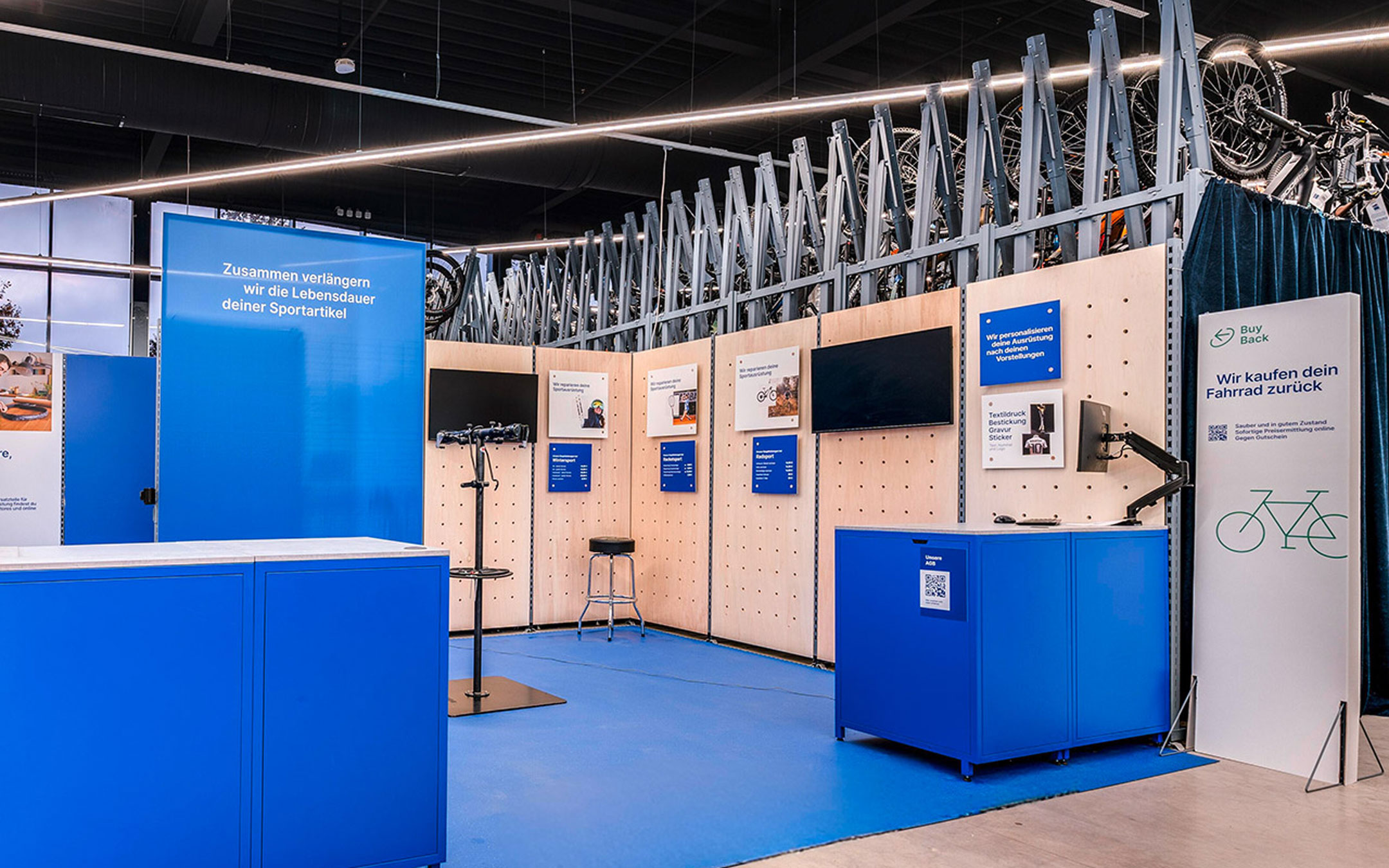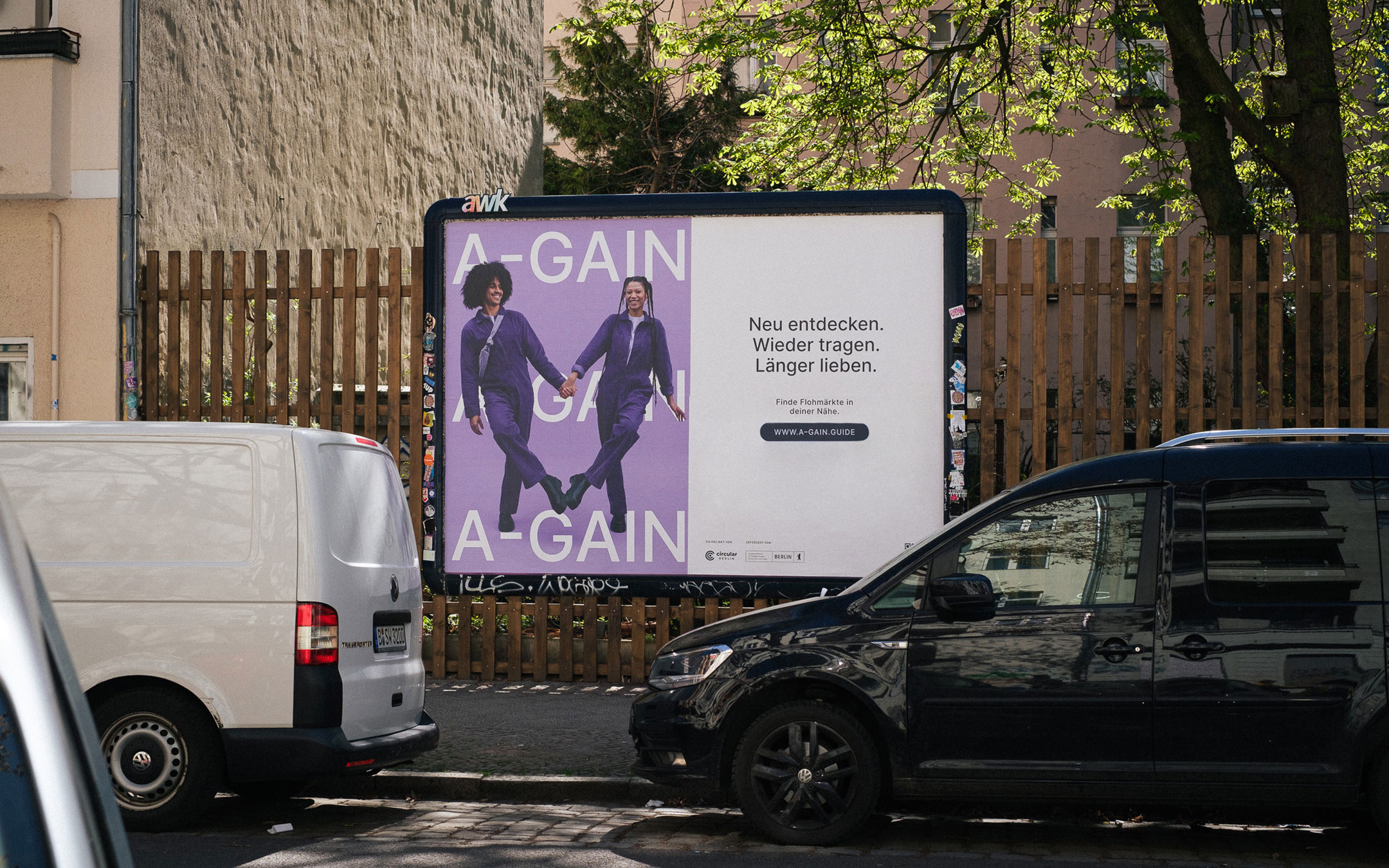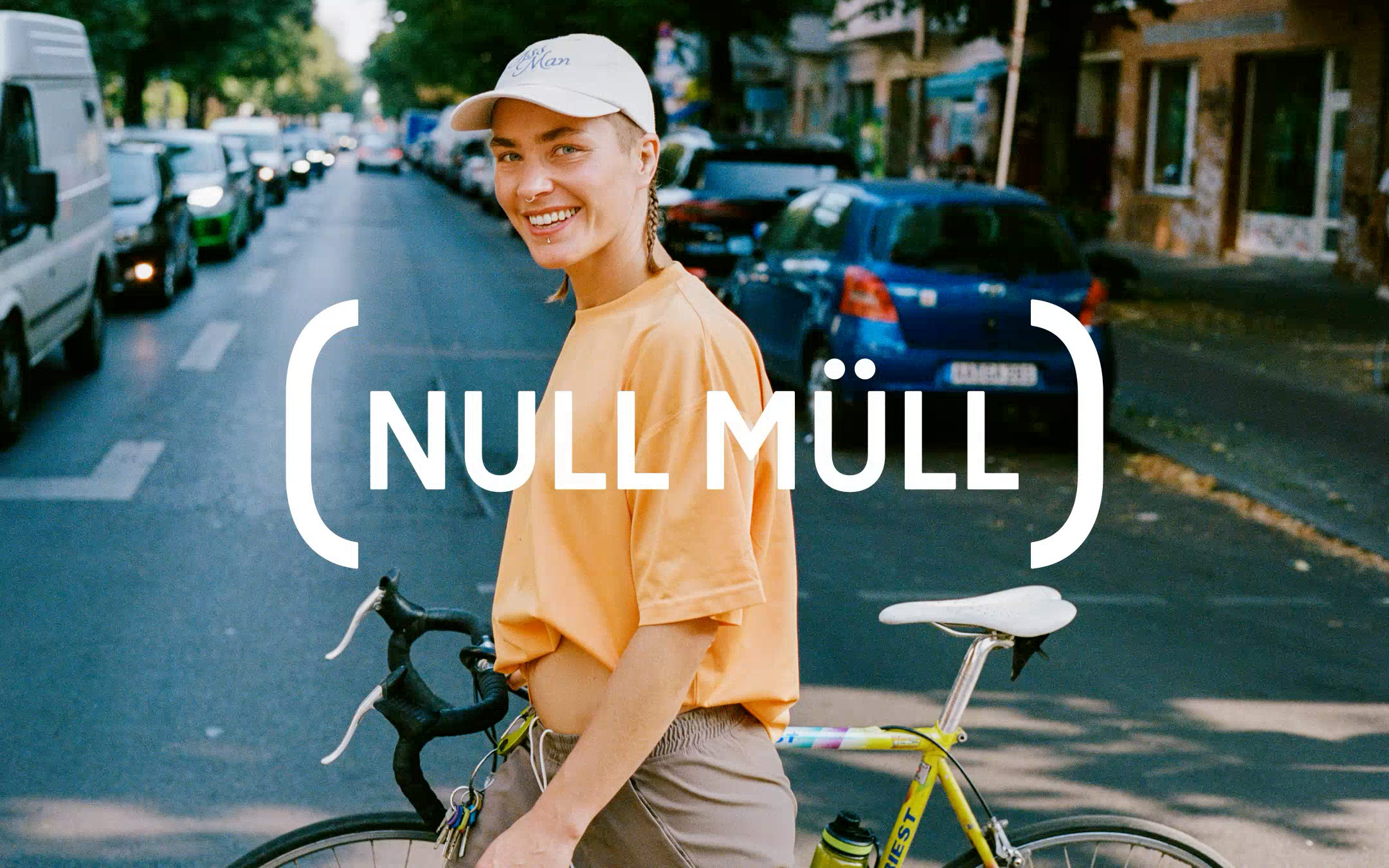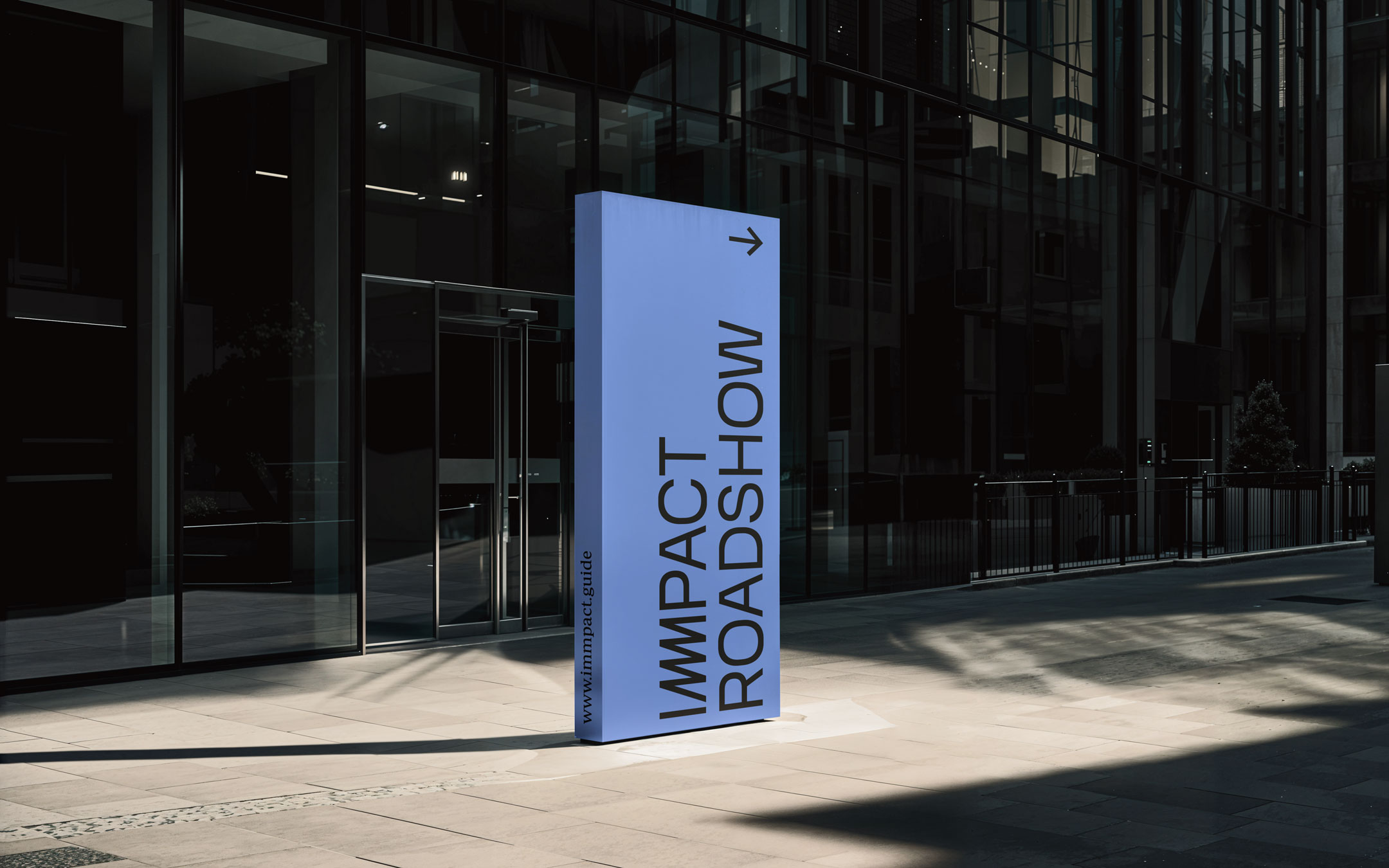Having access to an empty retail space, we self-initiated and created a place for circular lifestyles bottom-up—right in the middle of Berlin’s Gropiusstadt. Launched in November 2024, the space combines repair, lending, and reuse with workshops and community building. It sits in the space between repair cafés and professional service providers hitting the sweet spot of accessibility and convenience. The result: over 200 members and more than 400 successful repairs within six months, as well as recognition from local and national award competitions.
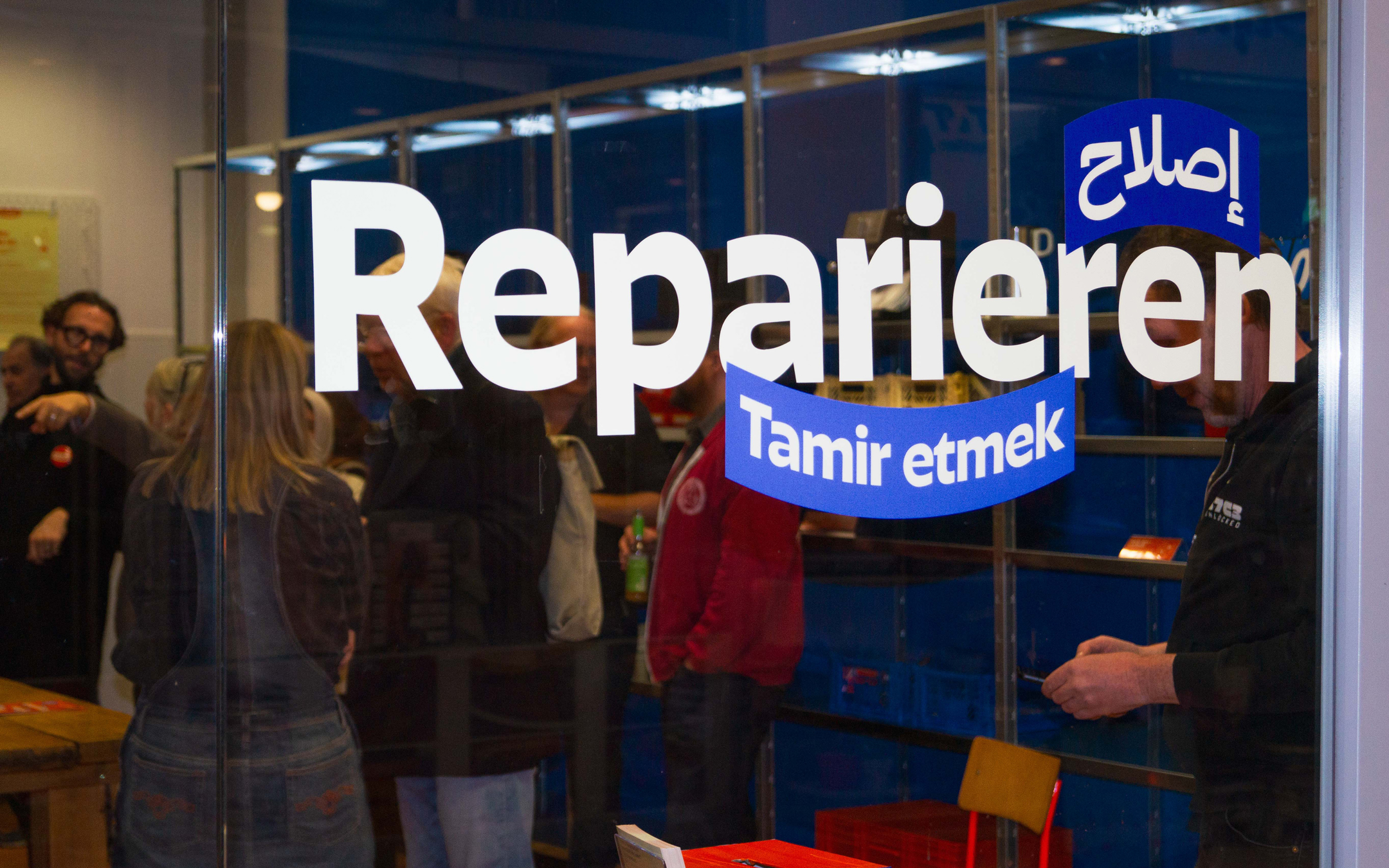
For many communities, sustainable consumption feels out of reach. Repair, lending, and reuse are often inaccessible—lacking practical offers, know-how, or physical spaces. At the same time, retail locations across the city stand empty, while the demand for meeting points, participation, and hands-on solutions is growing. Without low-barrier options rooted in everyday life, circularity risks remaining an abstract concept rather than a lived reality—especially for people with lower income and less access to knowledge or infrastructure.
Problem
For many communities, sustainable consumption feels out of reach. Repair, lending, and reuse are often inaccessible—lacking practical offers, know-how, or physical spaces. At the same time, retail locations across the city stand empty, while the demand for meeting points, participation, and hands-on solutions is growing. Without low-barrier options rooted in everyday life, circularity risks remaining an abstract concept rather than a lived reality—especially for people with lower income and less access to knowledge or infrastructure.
With Kreisler, we turned a vacant shopfront in a small shopping centre into a vibrant hub for sharing, repairing, and connecting. The brand identity, the initiative’s naming and communication deliberately avoided “green” sustainability codes, opting instead for a clear, approachable visual language and voice that resonate broadly. The space was co-developed with the community and adapted continuously to user needs—from lending library to repair stations to workshops. A distinctive feature is the income-based membership model, ensuring financial accessibility while securing independence from political cycles.
Solution
With Kreisler, we turned a vacant shopfront in a small shopping centre into a vibrant hub for sharing, repairing, and connecting. The brand identity, the initiative’s naming and communication deliberately avoided “green” sustainability codes, opting instead for a clear, approachable visual language and voice that resonate broadly. The space was co-developed with the community and adapted continuously to user needs—from lending library to repair stations to workshops. A distinctive feature is the income-based membership model, ensuring financial accessibility while securing independence from political cycles.
In just six months, Kreisler became a cornerstone of the neighborhood. With 200+ members and 400+ repairs, the space functions as both a practical learning environment and a social meeting point across generations. It demonstrates the creativity, energy, and quality of life that emerge when circularity is made local and participatory. The rapid adoption and recognition by competitions like “Mittendrin Berlin” or “Deutscher Nachbarschaftspreis” underline how Kreisler redefines what bottom-up infrastructure can look like in a circular future. Our vision is a Kreisler in every neighborhood—by opening more locations in Berlin and establishing a social franchise model to enter other German cities, we’ll get a big step closer to this vision in 2026.
Impact
In just six months, Kreisler became a cornerstone of the neighborhood. With 200+ members and 400+ repairs, the space functions as both a practical learning environment and a social meeting point across generations. It demonstrates the creativity, energy, and quality of life that emerge when circularity is made local and participatory. The rapid adoption and recognition by competitions like “Mittendrin Berlin” or “Deutscher Nachbarschaftspreis” underline how Kreisler redefines what bottom-up infrastructure can look like in a circular future. Our vision is a Kreisler in every neighborhood—by opening more locations in Berlin and establishing a social franchise model to enter other German cities, we’ll get a big step closer to this vision in 2026.
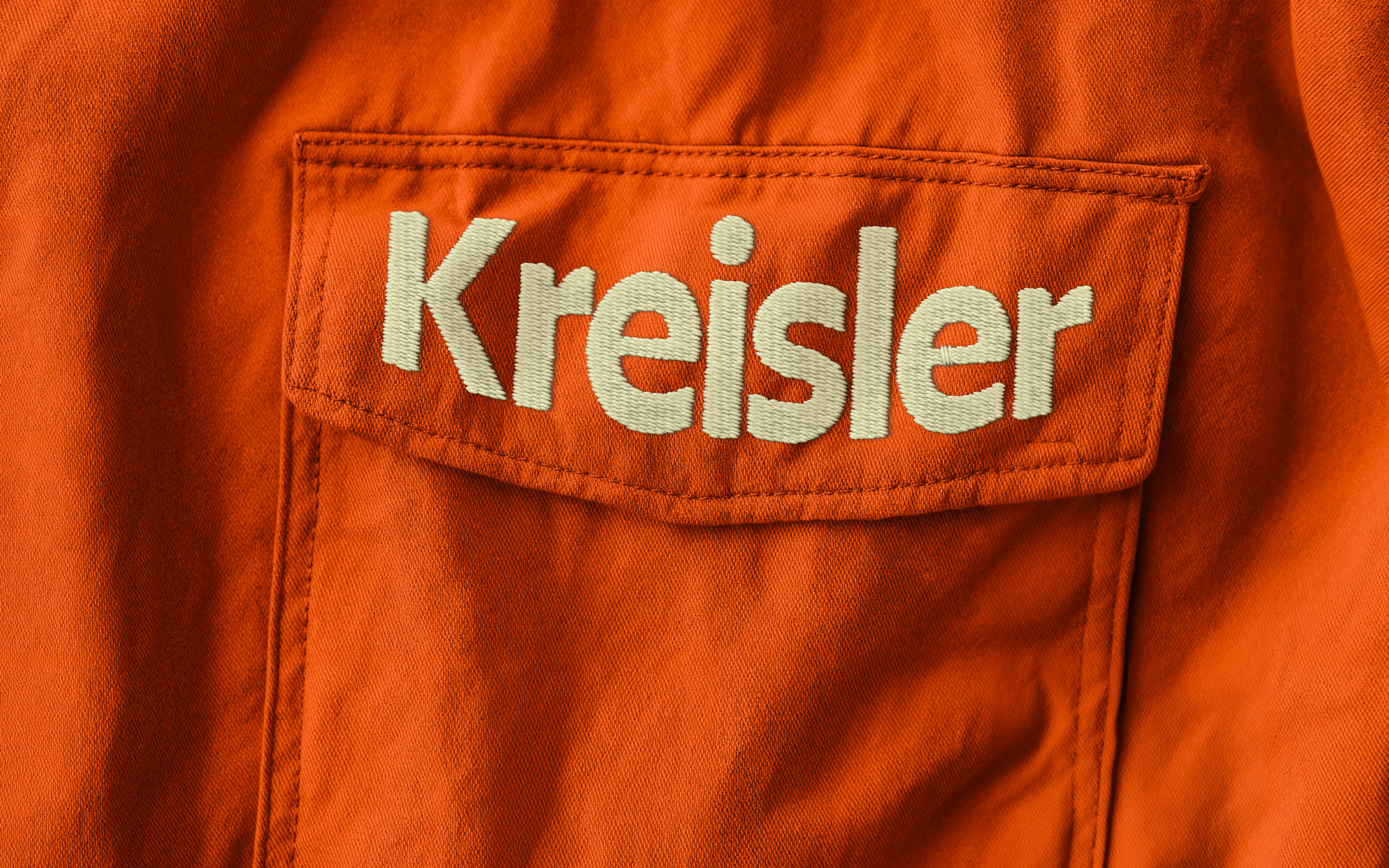
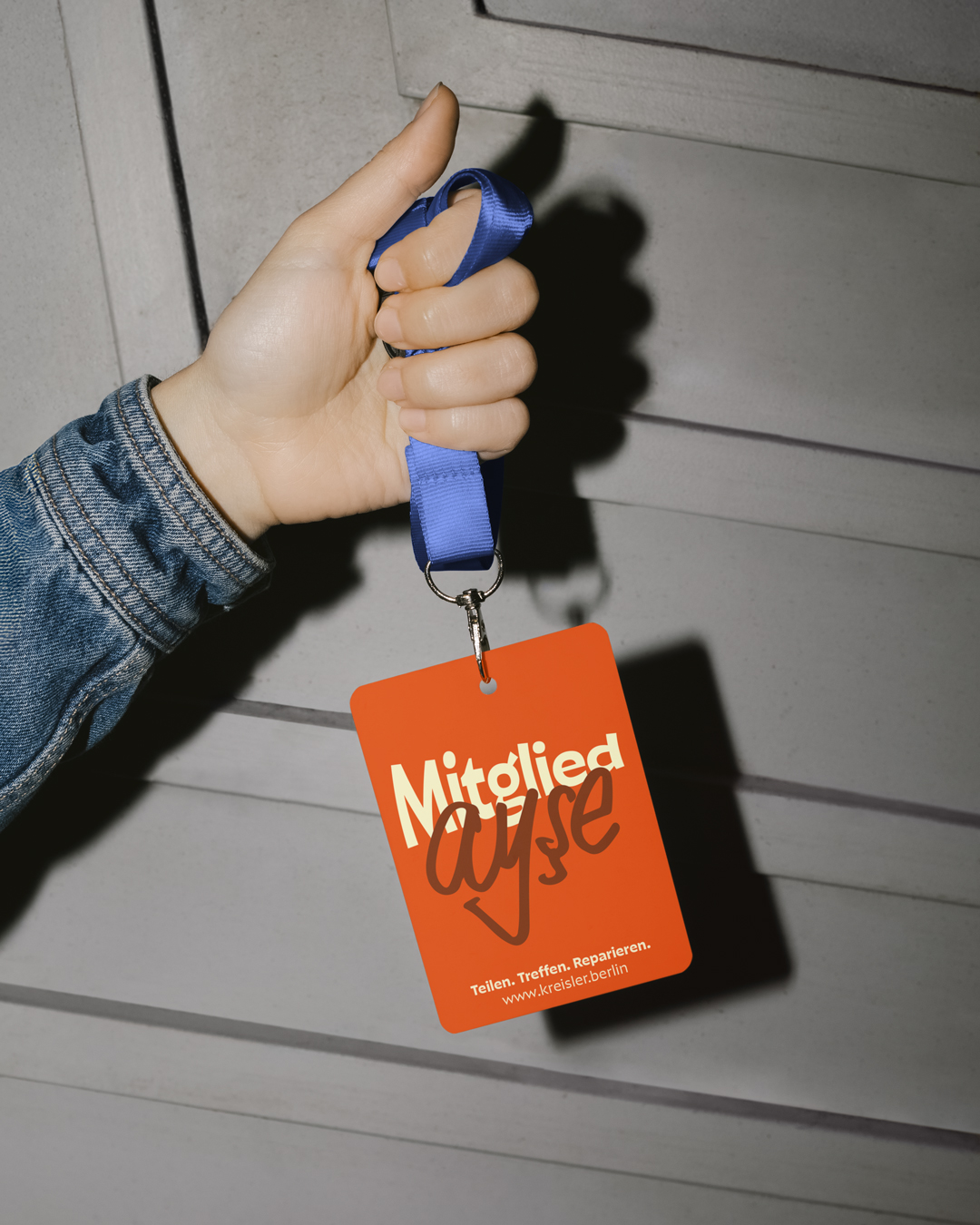
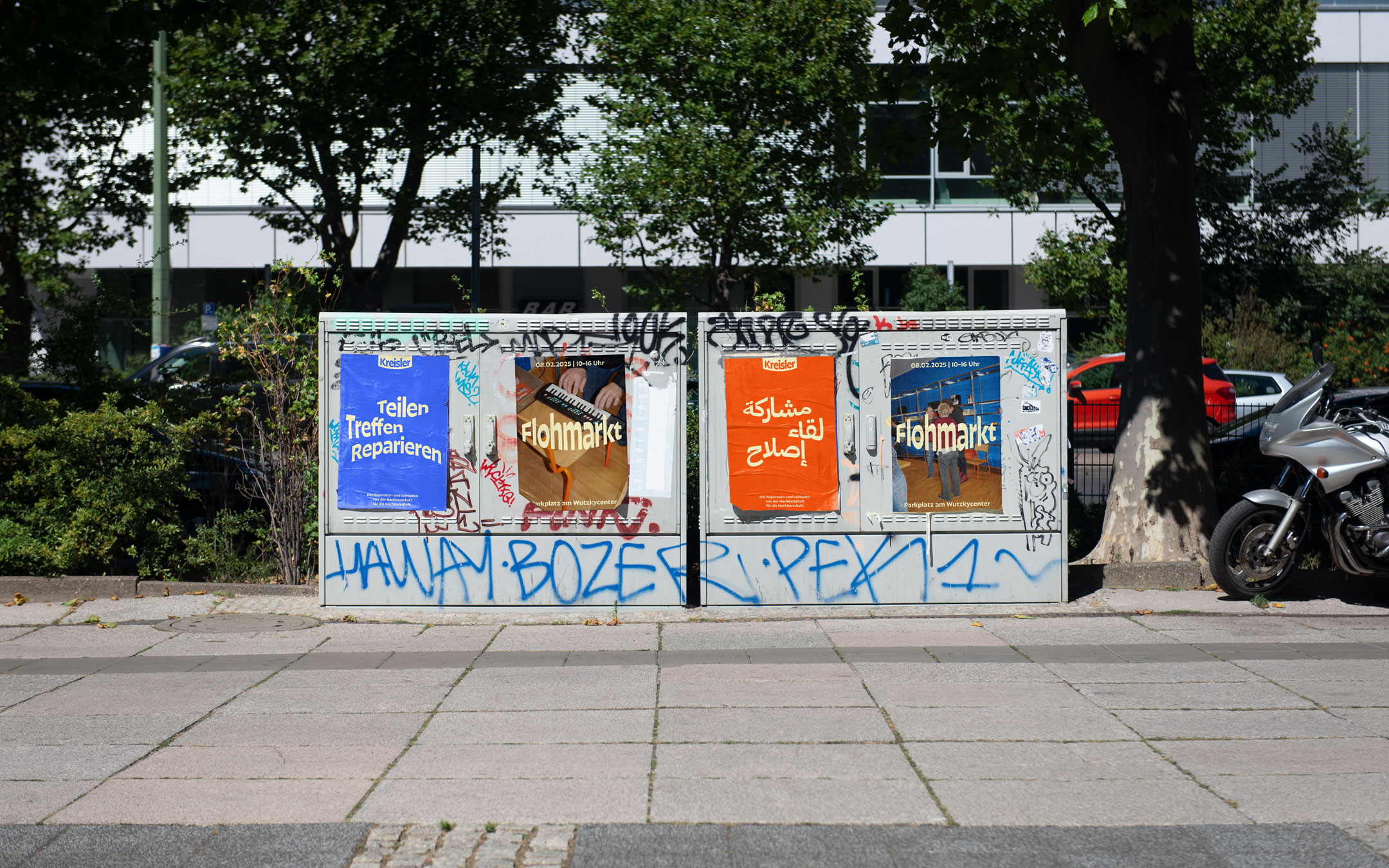
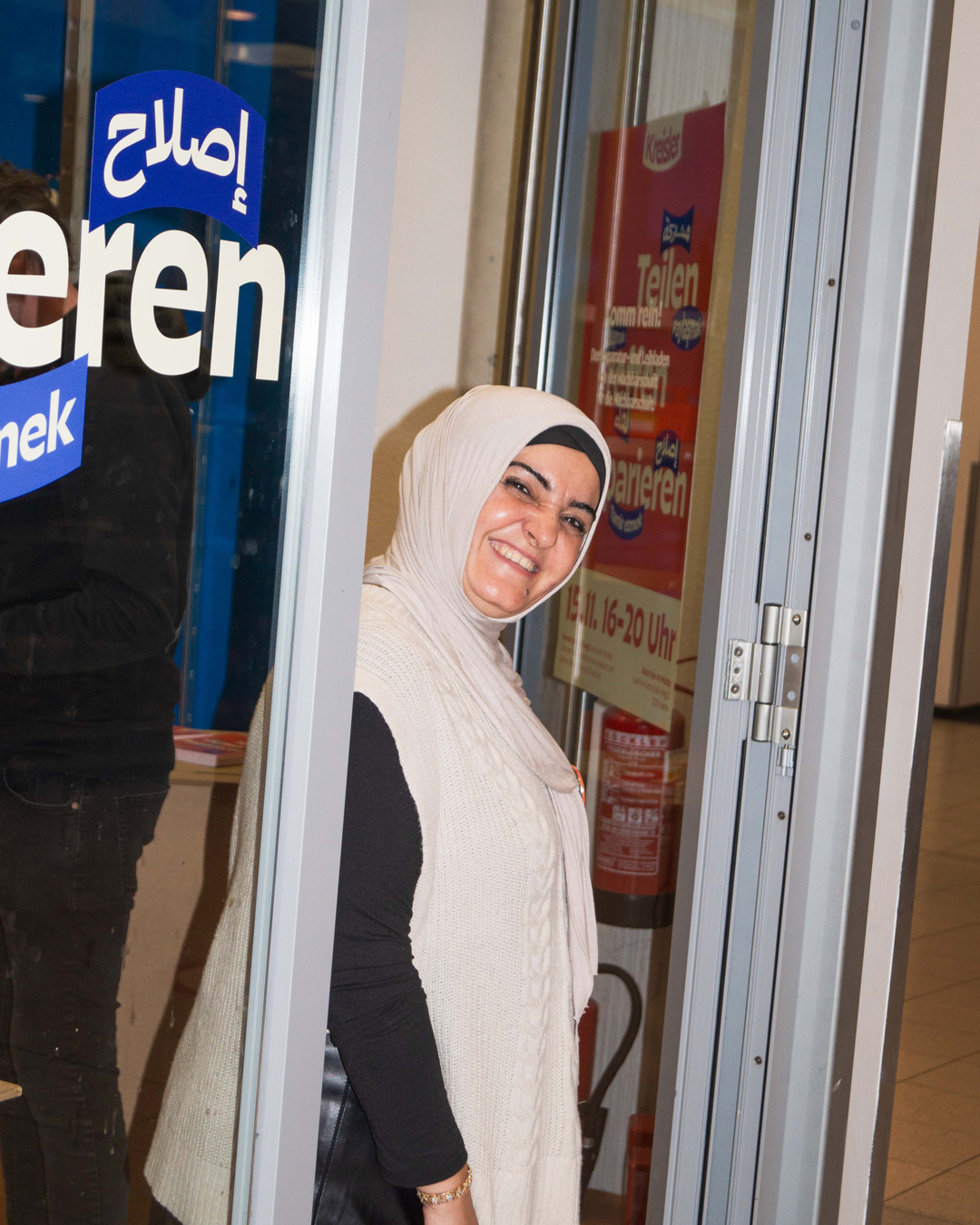
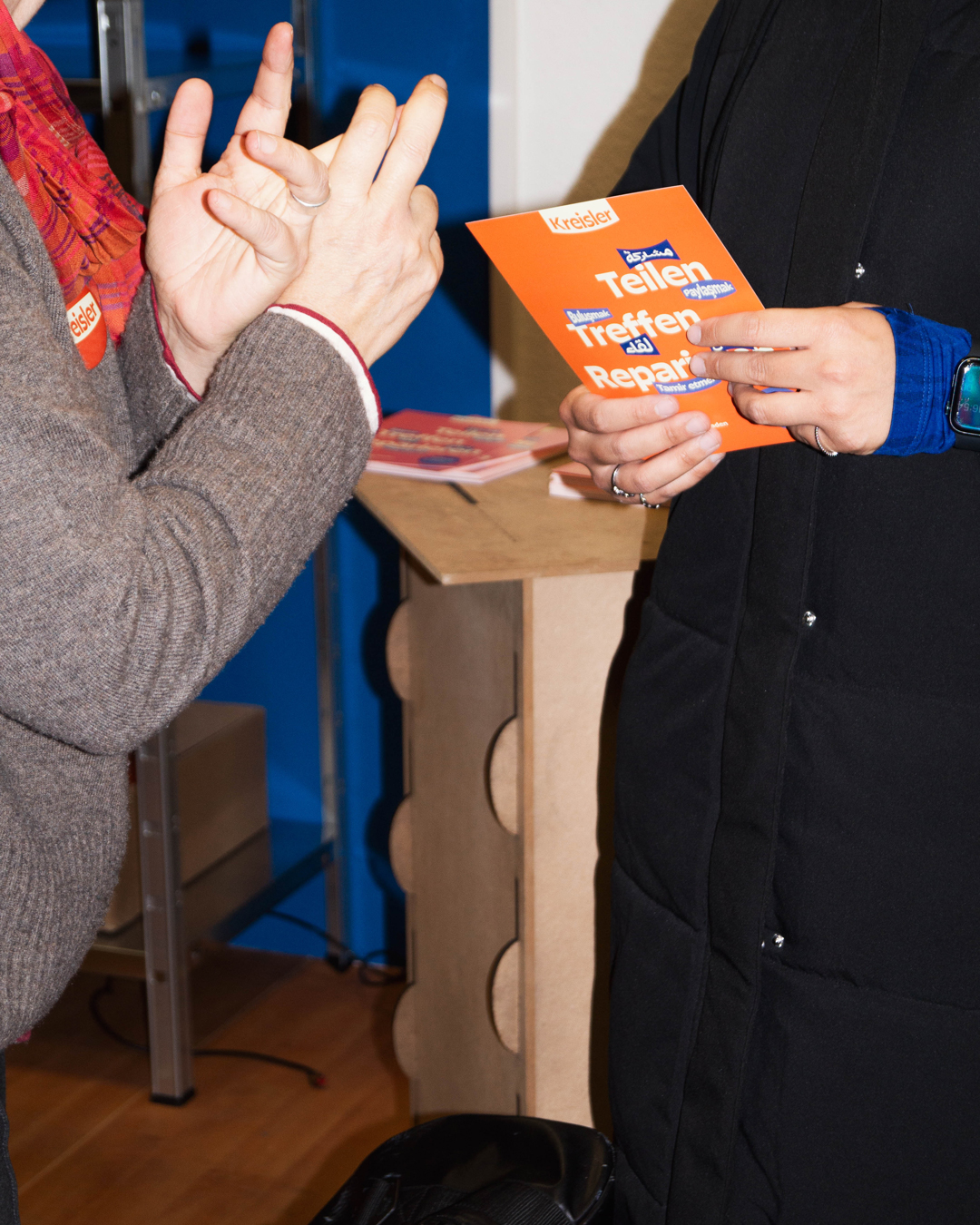
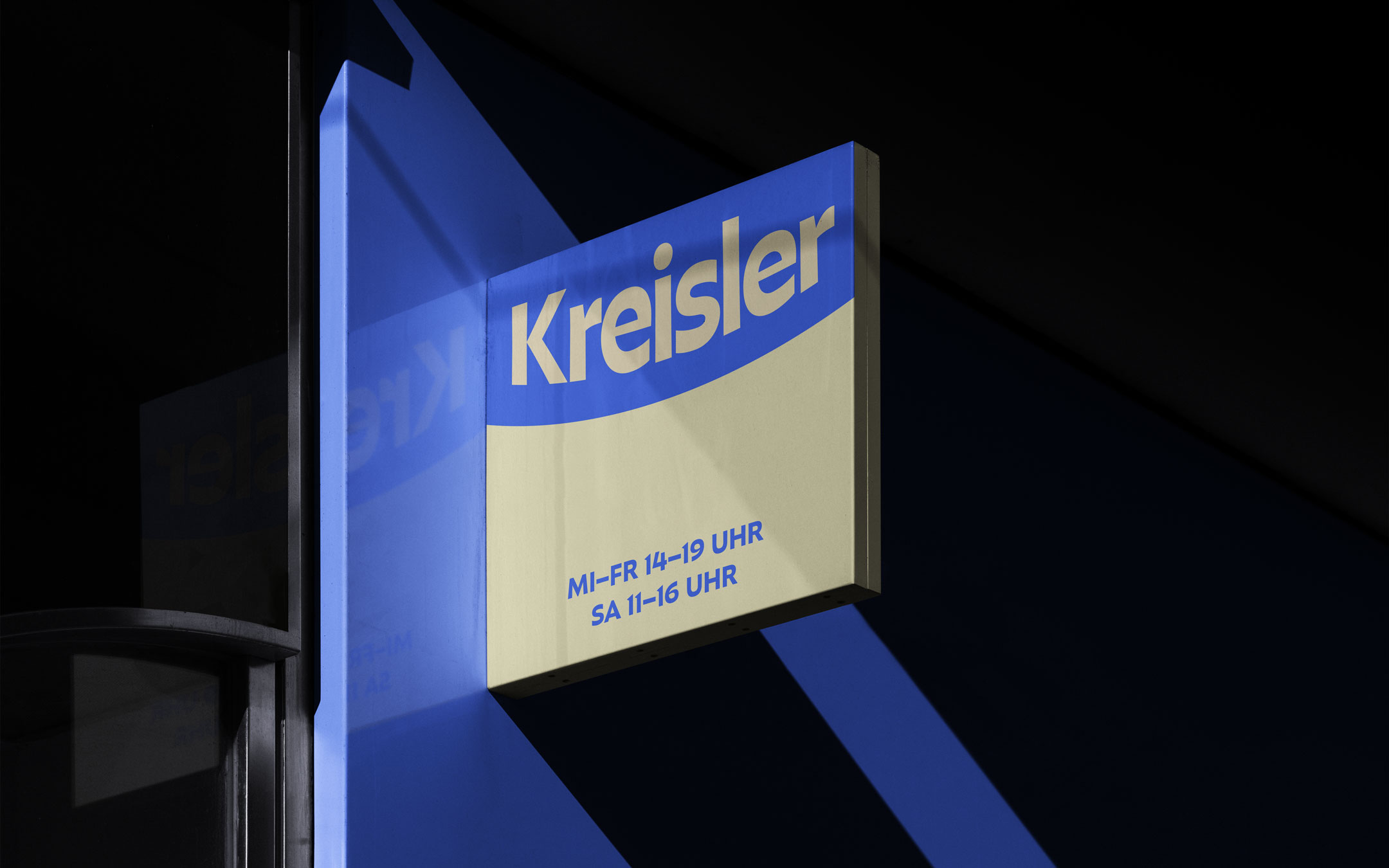
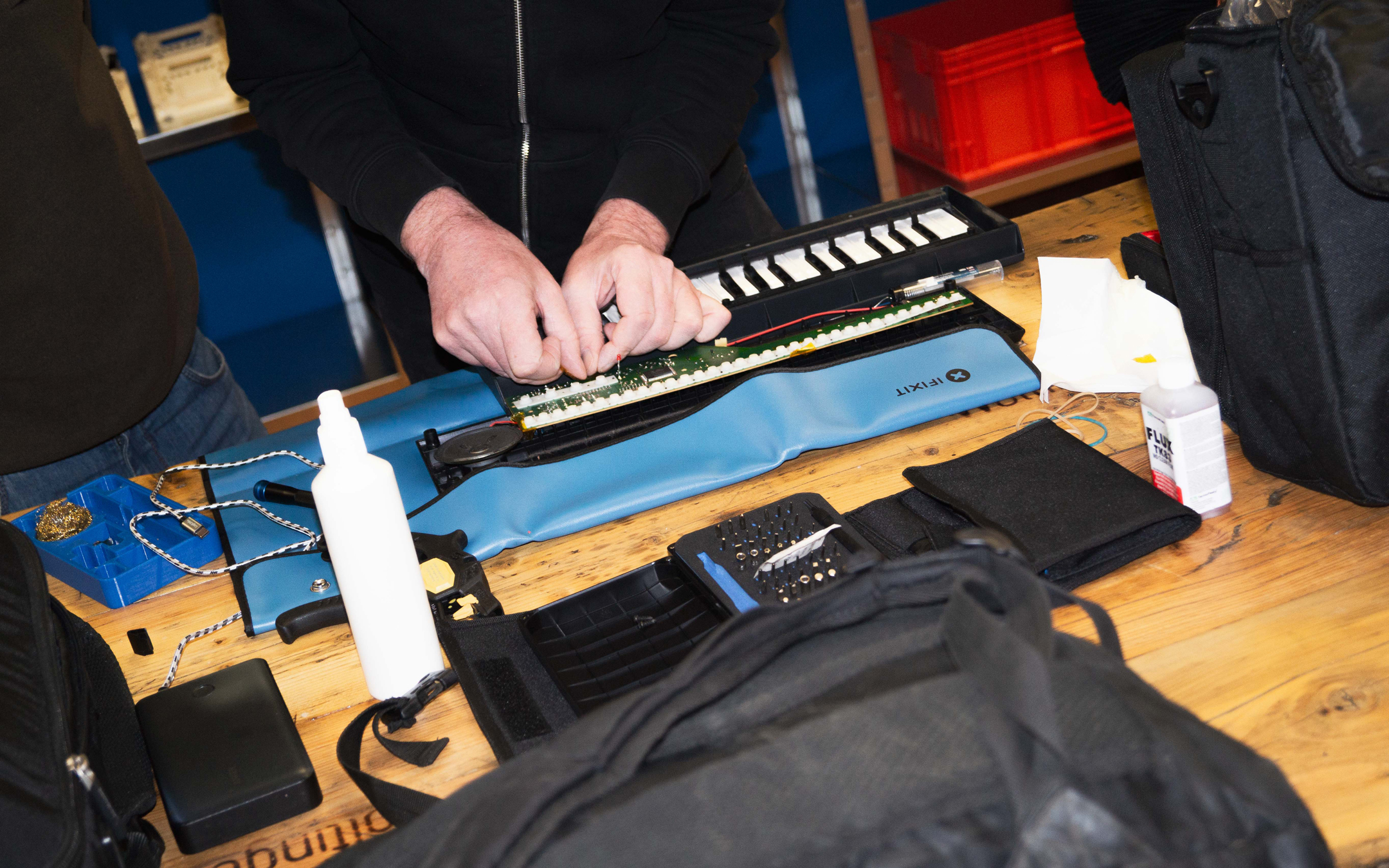
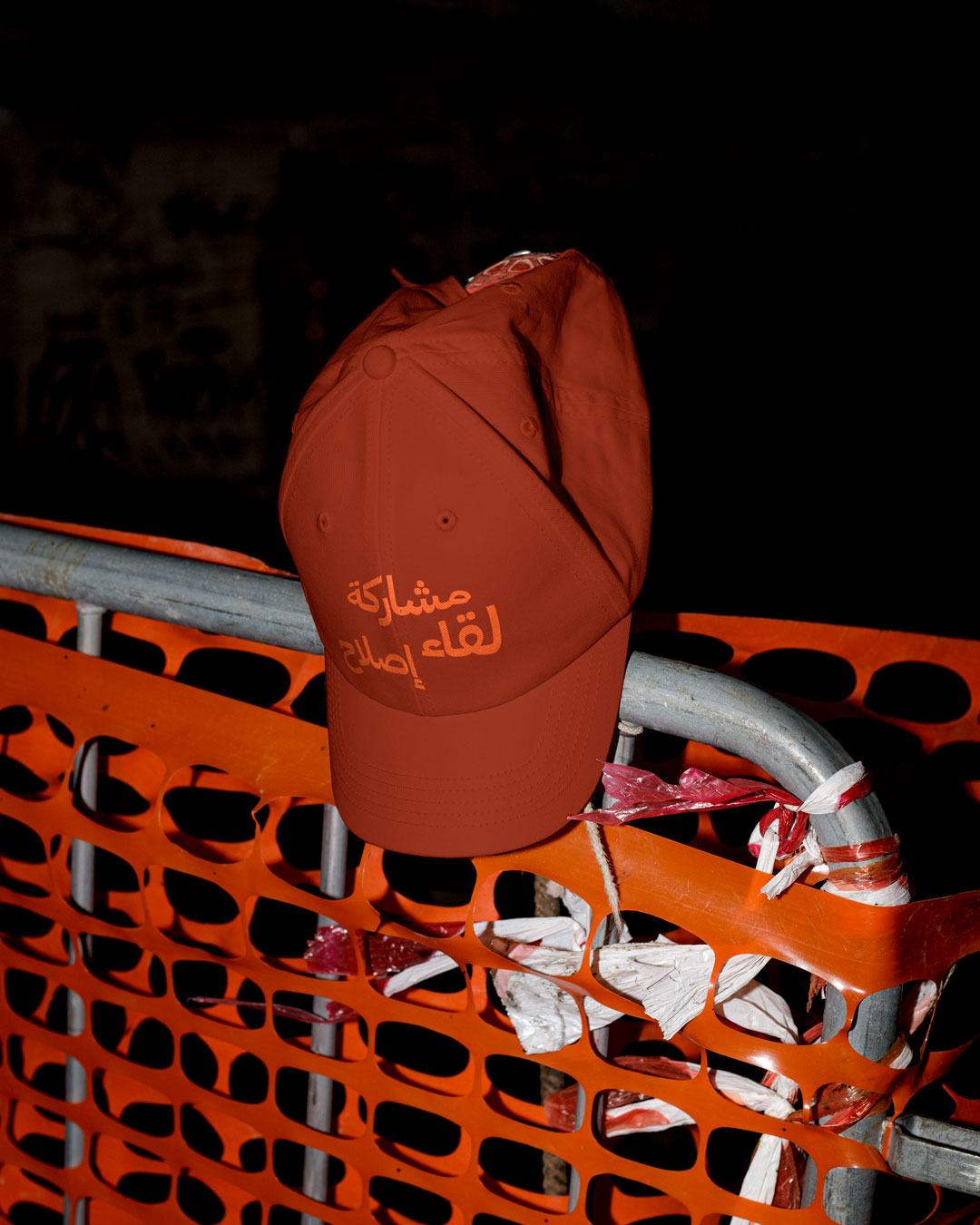
“Many say: people don’t really want to live sustainably. But they do—it just used to be too complicated. With KREISLER, we show that circular living can be practical, affordable, and even popular. And that’s exactly what gives us hope.”
— Maximilian Mauracher, Co-Initiator
“When moving from linear to circular, we have the unique opportunity of rethinking the way we do business completely—from shared ownership to ecosystem thinking, with Kreisler we managed to experiment and implement a lot of these ideas in a smoothly running business.”
— Cléo Mieulet, Co-Initiator
